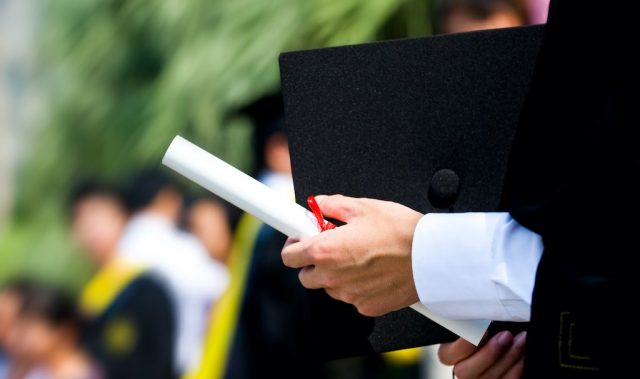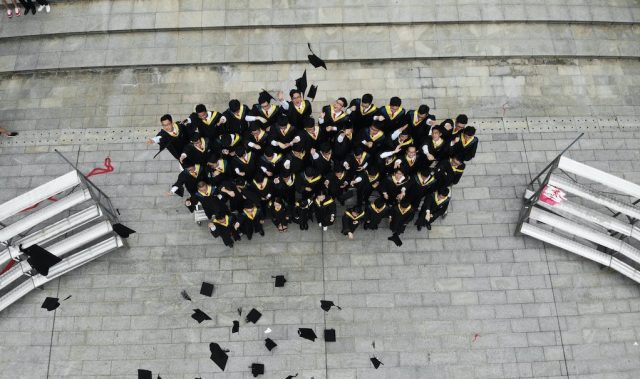
AsianScientist (Feb. 22, 2013) – By the time the highest achieving students in English take their GCSE ‘O’ levels, they have fallen nearly two years behind students in Hong Kong, Japan, Singapore, and Taiwan, says a new study by the Institute of Education (IOE), University of London.
IOE researchers Drs. John Jerrim and Alvaro Choi analyzed children’s performance in math tests set by two international studies of attainment – the Program for International Student Assessment (PISA) and the Trends in Mathematics and Science Study (TIMSS).
They studied the results of the TIMSS tests taken at age 9/10 (in 2003) and 13/14 (2007) as well as the PISA test for pupils aged 15/16 (2009). While the average scores of England’s pupils remained broadly similar to those of the other countries between age 10 and 16, the highest-achieving English children appeared to make less progress between these ages.
This finding was worrying, says Dr. Jerrim, who added that earlier intervention is required as pupils in England are already some distance behind those in East Asia – in terms of average maths attainment – by age 10.
Reforming mathematics education in the early primary and pre-school year; investing more into children from disadvantaged backgrounds; and investment into initiatives such as gifted and talented schemes are all crucial, say the authors.
However, they caution against dividing more children into ability groups from an early age, arguing that this could be counter-productive.
Differences in performance may also be due to cultural and social factors, they say.
“In East Asian cultures, education has historically been highly valued. This can be seen not only in teachers’ high salaries, but also in the heavy investment of families in private tutoring services,” the authors say.
The authors also caution that any reform to the education system may lead to adverse effects such as increased psychological pressure on students.
“It’s also worth remembering, of course, that factors which can lead to improved academic performance can have negative side-effects, such as increased psychological pressure on students and greater financial demands on parents. Yet, in an increasingly competitive world, such a cultural shift may be necessary to ensure England’s future prosperity,” they say.
The article can be found at: John Jerrim and Alvaro Choi (2013) The mathematics skills of school children: How does England compare to the high performing East Asian jurisdictions?
——
Source: IOE; Photo: National Renewable Energy Lab/Flickr/CC.
Disclaimer: This article does not necessarily reflect the views of AsianScientist or its staff.












